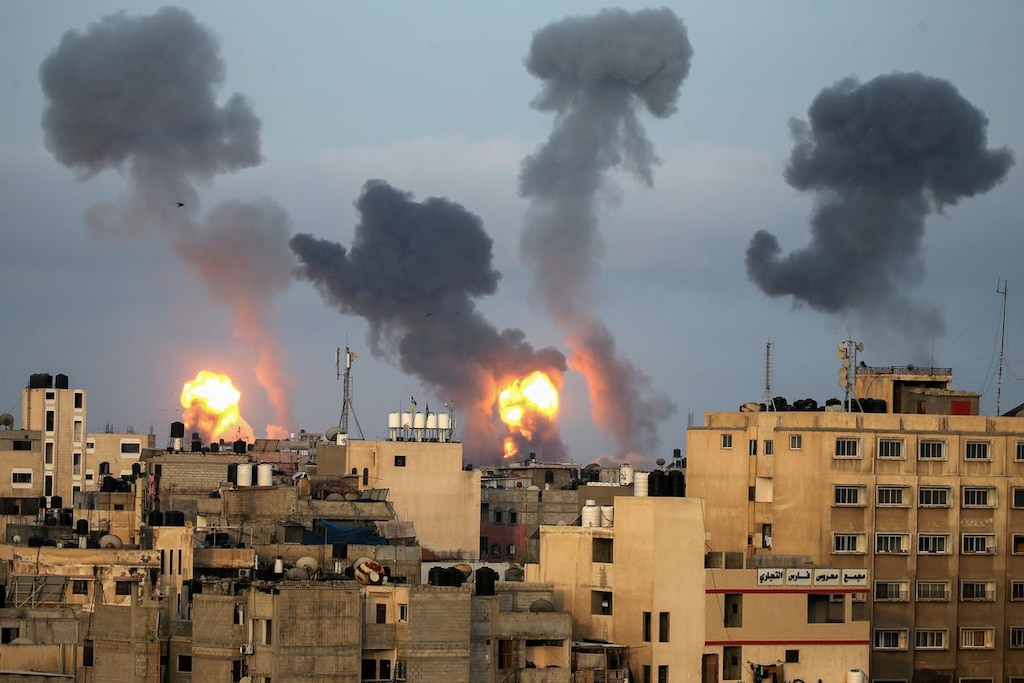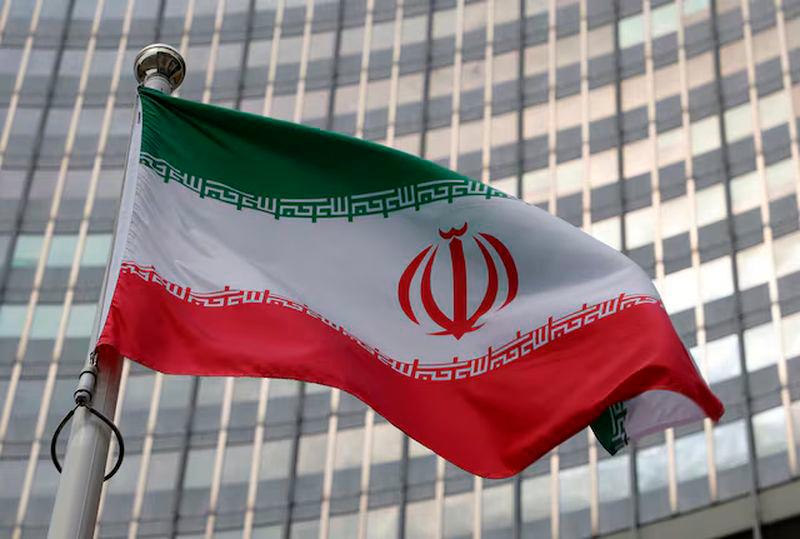Now Reading: ‘Generations Will Suffer’: WHO Warns Gaza Faces Catastrophic Health Crisis Despite Ceasefire
-
01
‘Generations Will Suffer’: WHO Warns Gaza Faces Catastrophic Health Crisis Despite Ceasefire
‘Generations Will Suffer’: WHO Warns Gaza Faces Catastrophic Health Crisis Despite Ceasefire

The World Health Organization (WHO) has warned that Gaza is facing a “catastrophic” health emergency that will have devastating effects for generations, even as more aid begins to flow into the territory under a fragile ceasefire.
WHO Director-General Dr Tedros Adhanom Ghebreyesus told BBC Radio 4’s Today programme that famine, widespread injuries, disease outbreaks, and the collapse of the health system have created “a fatal combination” in the war-torn enclave.
“On top of overwhelming injuries and famine, access to humanitarian aid remains restricted,” he said. “This is a very fatal combination — catastrophic and beyond words.”
Dr Tedros welcomed the ceasefire agreement between Israel and Hamas, brokered by the United States, but said the volume of aid entering Gaza remains “far below what’s needed” to rebuild its shattered healthcare system.
According to the WHO chief, between 200 and 300 aid trucks currently enter Gaza daily — less than half of the 600 needed to meet basic humanitarian needs. He urged Israeli authorities to “de-link” aid delivery from political or military conditions and allow all border crossings to reopen.
“Since the US brokered this peace deal, it has the responsibility of ensuring all sides respect it,” he added.
Dr Tedros said the destruction of Gaza’s water and sanitation infrastructure has fuelled disease outbreaks, compounding famine and mental health challenges across the population.
“If you combine famine with a mental health crisis that is rampant, what you get is a disaster that will affect generations to come,” he warned.
The United Nations Office for the Coordination of Humanitarian Affairs said aid agencies are “turning the tide” against starvation, but the scale of need remains immense. The World Food Programme reports that since 10 October, more than 6,700 tonnes of food aid have entered Gaza — still well below the daily target of 2,000 tonnes.
Dr Tedros said medical supplies, tents, and equipment essential for building field hospitals are being held at Israeli checkpoints over claims that some materials could have “dual military use.”
“If you are building a field hospital, you need the canvas and the pillars. If the pillars are removed, you can’t have a tent,” he said.
He also revealed that thousands of Palestinians are waiting for evacuation on medical flights, none of which have taken off in the past two weeks due to religious holidays in Israel. Over 700 people have reportedly died while waiting for evacuation.
The United Nations estimates it will cost around $70 billion (£52 billion) to rebuild Gaza, with at least 10% of that required to restore its crippled health sector.
Dr Tedros reiterated that peace remains the most important cure for Gaza’s suffering. “Peace is the best medicine,” he said. “The ceasefire is fragile — some people who celebrated peace in the streets are now dead because it was broken.”
According to Gaza’s Hamas-run health ministry, more than 68,000 people have been killed in Israeli attacks since the conflict began on 7 October 2023, when Hamas-led gunmen killed around 1,200 Israelis and took 251 hostages.




